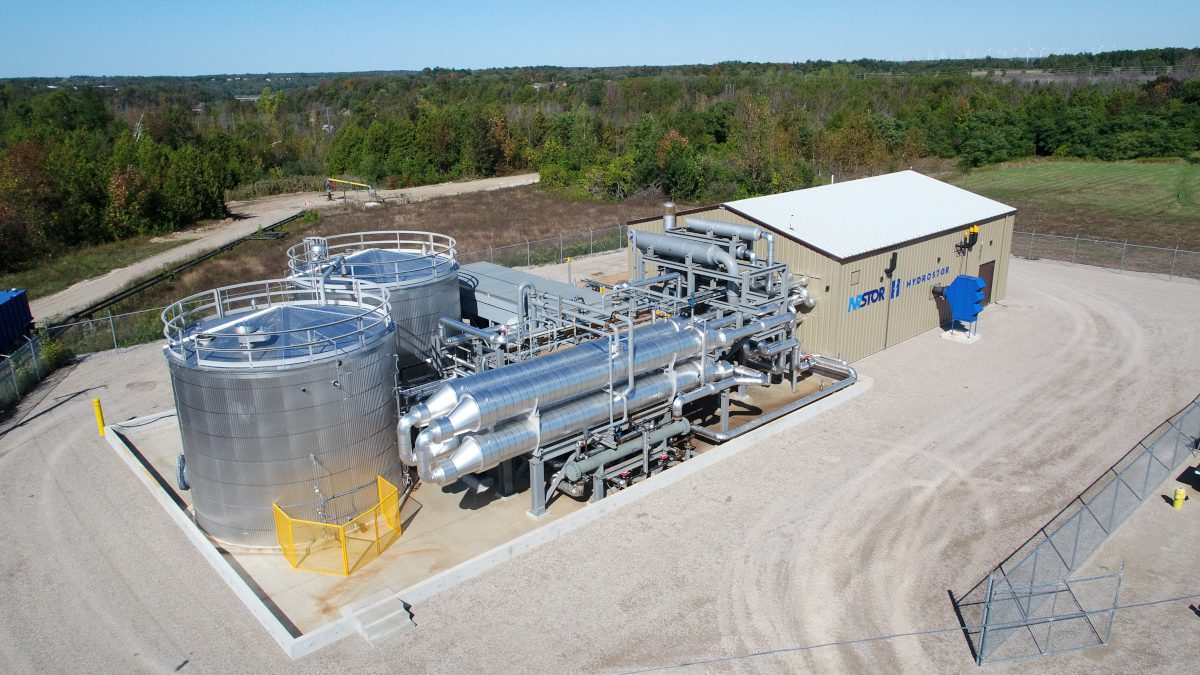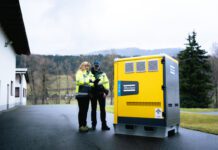
By Matt Hale, International Sales & Marketing Director, HRS Heat Exchangers
The recent acquisition of HRS Heat Exchangers by Canada-based Exchanger Industries Limited (EIL) has created an international group with more than 100 years of combined experience in heat transfer technologies.
Exchanger Industries was founded in Calgary, Alberta by Howard Thom in 1961 as Exchanger Sales and Services to manufacture tubular heat exchangers. By 1964 the company was also manufacturing air-cooled heat exchangers, sulphur condensers and waste heat boilers, which still remain core products to the present day.
Exchanger Industries specialises in large-scale fabrication and solving complex design problems, as well as offering alternative design solutions which lower the total life-cycle cost of projects. In particular EIL units are found in the petrochemical, industrial and clean power generation sectors. Over the years EIL has introduced a number of new applications and developments including new baffle designs and coatings.
On the other side of the Atlantic, Heat Recovery Systems (HRS) was set up in the UK in 1981 by Steven Pither to sell heat exchangers. Within a few years HRS had taken on more design and selection work until eventually it began to manufacture heat exchangers, and the corrugated tubular heat exchangers for which it is best known.
Over the years HRS has responded to a number of specific customer requests, which has led to the creating of a number of innovative products and systems including piston pumps, aseptic fillers, pasteurisers, evaporators, CIP skids, and solutions for treating and managing sludges and digestate. HRS clients come from a wide variety of industries, including food production, water and waste management, environmental, AD/biogas and industrial sectors.
Both Exchanger Industries and HRS undertake all aspects of heat exchanger design and construction themselves, from initial project assessment through to final delivery and commissioning. They understand that every job is unique and requires individual calculation of heat transfer and mechanical design. All products, from the smallest HRS pump to the largest EIL waste heat boiler, are manufactured to the strictest standards, such as those set by the Alberta Boilers Safety Association (ABSA), American Society of Mechanical Engineers (ASME) and the European Union.
Each company also has proprietary and patented technologies, which have the potential to work together to bring new and improved solutions to market. For example, HRS, which is known for its unique corrugated tube geometry, has its patented Unicus Series of scraped surface heat exchangers and created its own heat exchange design software, while EIL has its EMbaffle® and Helixchangers™ and is well known for its development of a proprietary anti-fouling coating, which was commercialised in 2018. Heat recovery is a priority for both, as is increasing efficiency and reducing the environmental impact of their client’s and customer’s activities.
Both antifouling coating technology and corrugated tubes provide similar benefits to the end user, albeit in different ways. Exchanger Industries’ proprietary antifouling represents a breakthrough in tackling the issue of fouling, which affects heat exchangers used in multiple industries. The technology has taken ten years of R&D and seven years of field-scale evaluation in the oil and gas industry. HRS was the first company to introduce corrugated tubes to the UK market and over the years has continued to improve their design.
Not surprisingly, understanding the science of heat transfer and thermodynamics is key to the success of both businesses. Individually both HRS and Exchanger Industries have made huge developments in the areas in which they operate and are each international companies in their own right. Together they now have a truly global footprint, employing some 420 people around the world, with manufacturing plants in four countries and sales offices in ten.
Moving forward under the leadership of Mark el Baroudi as CEO, both Exchanger Industries and HRS will use their collective experience to share best practice and take key learnings from their respective business to see if they can be applied to new areas. Because of the different industry sectors they serve, this really is a case of two complementary companies coming together to further strengthen their differentiated customer offerings, identify opportunities for investment to drive international growth, and enhance their status as a worldwide leader in heat transfer solutions and technology.








